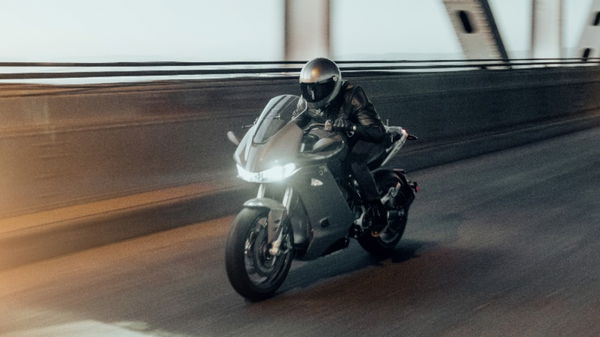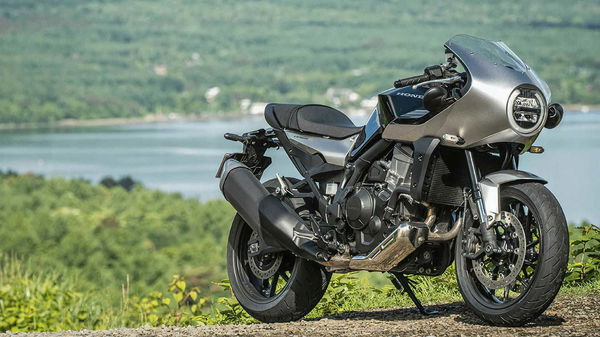Does buying an EV motorcycle solve one problem and create another?
Electric motorcycles are coming but by answering one question on greener technology, does it pose other questions that need to be answered in future?

The rise of electric motoring in recent years has been one of the most notable shifts in automotive technology and while the motorcycle industry isn’t quite accelerating with such uninterrupted torque as yet, it’s likely to ramp development up very soon.
However, a battery recycling firm has warned more needs to be done to assure the technology’s durability or be faced with a huge waste issue in the years ahead.
As it stands, electric motorcycles are relatively niche to the industry and while sales of such models – both scooters and the equivalent of large displacement models – have seen huge growth recently, they still account for a relative fraction of global sales.
However, with governments around the world tightening regulations on emissions in an effort to slow the effects of climate change, a number of manufacturers have said they are beginning to factoring in development of EV models over the next decade.
Though cleaner transport is inevitably a big factor in achieving emissions targets – albeit targeted more squarely at the four-wheel market – there are concerns the industry could cause other issues in attempting to solve another.
Birmingham-based Aceleron, a circular battery developer that specialises in ‘circle-economy’ development says there could be 11 million tones of battery waste in the next 20 years if not more is done to create technology that helps preserve the life of it'.
“By designing batteries for the circular economy from the outset, we can prevent mountains of battery waste from being created worldwide,” CEO Dr Amrit Chandan told Autocar. “The decarbonisation of transport is critical, but we are currently solving one sustainability issue while ignoring another. Waste is the elephant in the room."
A study by the University of Birmingham appeared to agree, stating: Recycling technologies for end-of-life lithium ion batteries are not keeping pace with the rapid rise of electric vehicles.
While in the grand scheme of things the comments are aimed at the car industry, which has made huge strides in EV development in recent years, they also apply to companies that have created electric models – such as Harley-Davidson, Zero and Energica – as well as those looking into the future, such as Honda, KTM and Yamaha.
However, the comments have been refuted by recycling firm Cawleys Hazardous Services, which say it is ‘unhelpful’ to put a negative spin on going electric.
“The overall picture is positive, and it’s alarmist, unhelpful and untrue to say that we face a potential electric vehicle battery mountain in the UK,” senior manager Alan Colledge told CAT Magazine.
"We should be confident that electric vehicles can be recycled well and not let concerns about battery mountains spook the market on the consumer or trade side.”
Concerns over lithium-ion mining
While companies that have adopted EV technology have been praised in greener circles, there has remained some concern over the overall carbon footprint of constructing a model taking into account the impact of mining for lithium-ion batteries.
In 2019, Bloomberg reported lithium-ion mining is irreversibly destroying the local environment of northern Chile’s Atacama desert and causing problems for locals in terms of water supply.
“We’re fooling ourselves if we call this sustainable and green mining,” Cristina Dorador, a Chilean biologist, told Bloomberg. “The lithium fever should slow down because it’s directly damaging salt flats, the ecosystem and local communities.”
With this in mind, Visordown has become more careful when terming 'zero emissions' motorcycles, instead preferring to refer to them as 'zero tailpipe emissions' to reflect that of course generating electricity itself isn't necessarily costless.
Ignoring where you stand on whether electric motorcycles can ever a substitute for the 'feel' of a conventional motorcycle - and we're very open to the prospect of the technology so much you won't know so much of a difference in future - there is naturally some scepticism that it is not a total solution to a greater problem.
Indeed, while there are no doubt huge benefits to riding an electric motorcycle versus a fossil-fuel powered one, it does seemingly pose other questions the industry will need to answer in the not too distant future…











